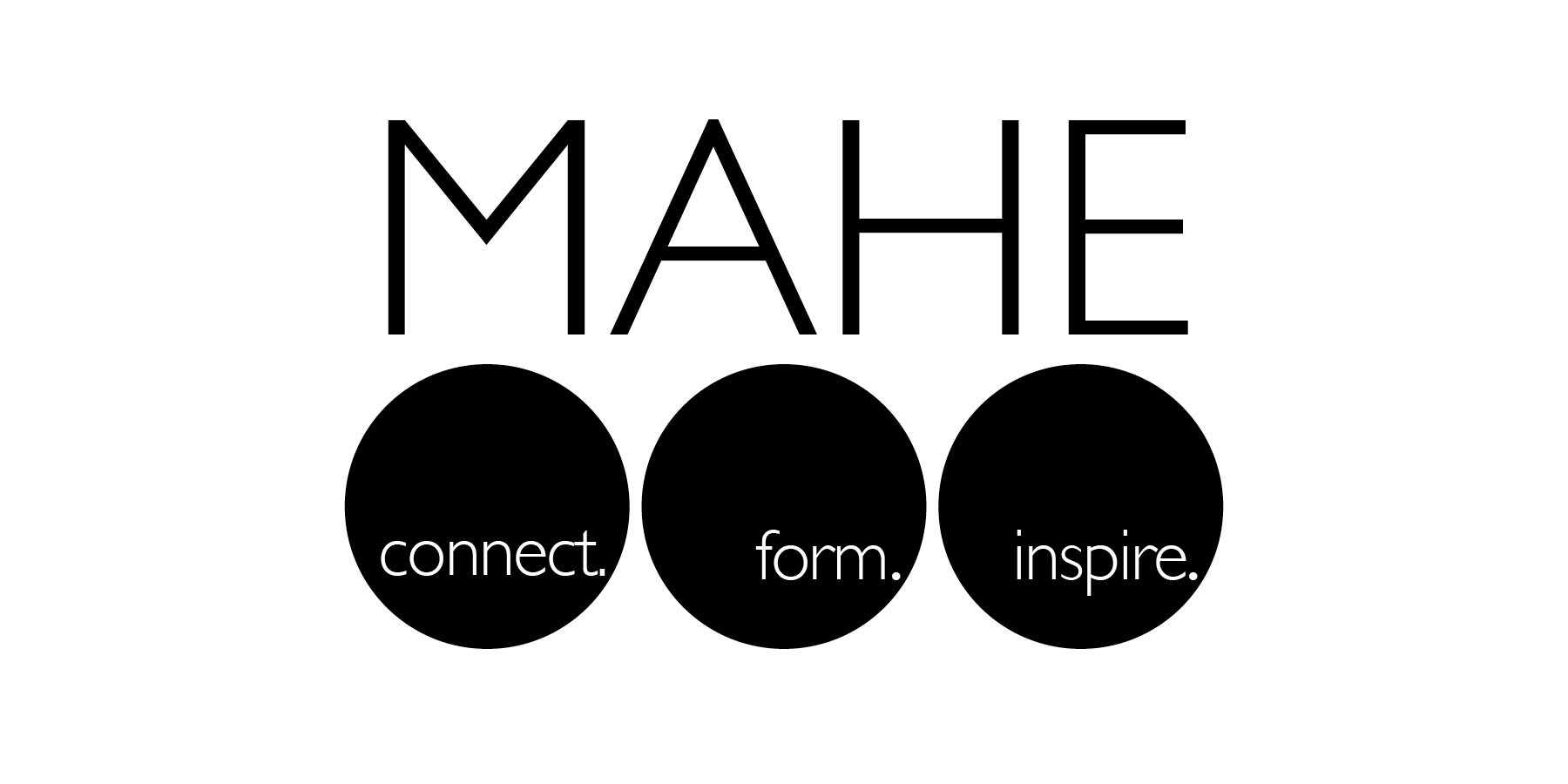Master of Arts in Higher Education (MAHE) Theses
Date of Award
2015
Document Type
Thesis
Degree Name
Master of Arts (MA)
First Advisor
Scott Moeschberger
Second Advisor
Skip Trudeau
Third Advisor
Drew Moser
Abstract
From a young age, women face exposure to fat talk. Though many women tend to assume this normative way of communicating about the body as a helpful means of coping with body shame and dissatisfaction, past literature has created a strong case against this assumption. Fat talk plays a subtle role in the self-objectification process and poses a significant threat to the positive identity development of young women. Development of a feminist identity has demonstrated a capacity to positively disrupt the propensity for women to self-objectify. The current study explored the relationship between feminist identity development, fat talk, and self-objectification. The researcher administered a survey to women living in all-female residence halls at a small, faith-based Midwestern institution. The study found no relationship between feminist identity development, fat talk, and self-objectification, though there emerged a strong relationship between measures of fat talk and self-objectification. Interestingly, despite no positive or negative affect on measures of fat talk and self-objectification, the majority of participants agreed most strongly with items measuring later stages of feminist identity development.
Recommended Citation
Meredith, Hayley G., "Disrupting the Cycle of Self-Objectification" (2015). Master of Arts in Higher Education (MAHE) Theses. 33.
https://pillars.taylor.edu/mahe/33


